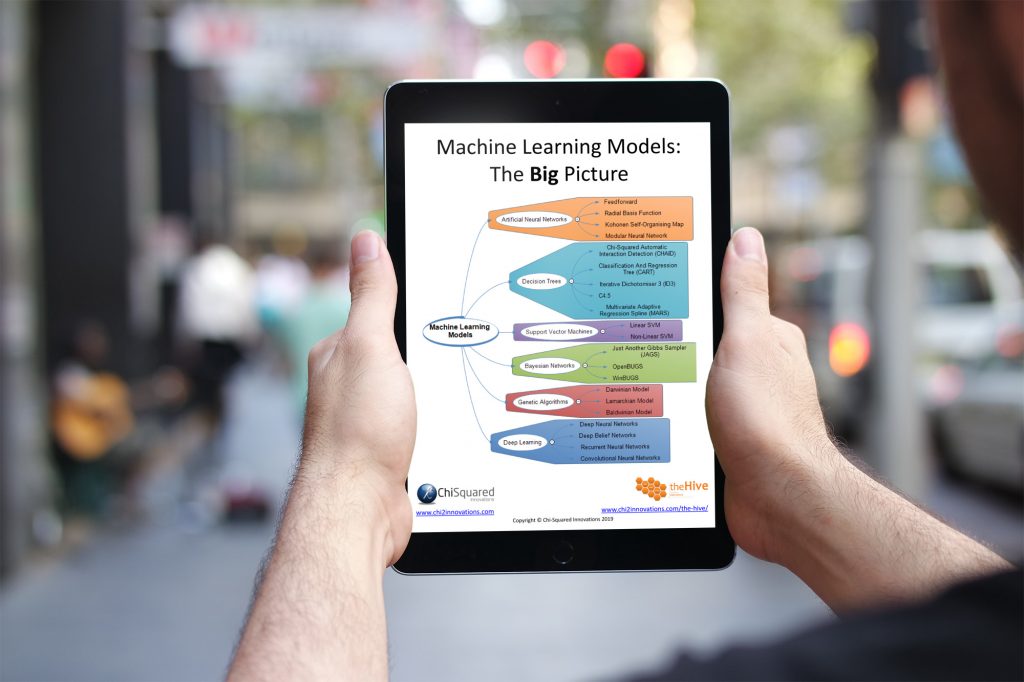If you're not sure how to get started with Python, the 3 Python data science books in this blog post will help you make your first steps.
There are lots of Python data science books, but where to start? In this blog post we're going to give you our pick of the 3 best Python books for data science, and if those 3 don't float your boat, we'll recommend more further down the post, including the best pandas books and the best NumPy books.
More...
Disclosure: we may earn an affiliate commission for purchases you make when using the links to products on this page. As an Amazon Affiliate we earn from qualifying purchases.
What is Python?
Python is a general-purpose programming language that has become incredibly popular among Data Scientists.
Python's great advantage over many other programming languages lies in the fact that its simple, easy-to-learn syntax makes it very easy to read.
Often, programmers fall in love with Python because of the increased productivity it provides. Since there is no compilation step, the edit-test-debug cycle is incredibly fast.
Python's core philosophy is summarised in the document The Zen of Python, which includes principles such as:

Pin it for later
Need to save this for later?
Pin it to your favourite board and you can get back to it when you're ready.
Is Python Better than R?
As a programmer you're spoilt for choice when it comes to programming languages. You can choose from any of a dozen really powerful languages to get the job done.
When it comes to Data Science programming though, there are really only 2 choices - Python and R.
Sure, there are lots of other languages that are useful and can be used to supplement your choice, but primarily you're going to be programming in Python or R.
I'm not going to go too much into the pros and cons of each in this post. Rather, if you've made your choice and decided you're going to go with the snake, then you can enjoy a number of benefits:
In addition, in recent years there has been a big surge in the number and quality of Python data science books published, and in pandas books and NumPy books.
3 Essential Python Books for Data Science @chi2innovations #datascience #python
Is Python Difficult to Learn?
Because the readability and other structural elements of Python are designed to be easy to understand, it is a great language for beginners.
Python isn't just limited to basic use, though, it supports some of the most complex websites and apps in the world.
Python is considered a beginners’ programming language, and it allows the programmer to focus on what to do instead of how to do it. This is one of the major reasons why writing programs in Python takes less time than in other programming languages.
Because Python is written in a similar syntax to English, many find it easier to learn than other programming languages. It is easier to read and remember the Python syntaxes much easier than other programming languages.
Nevertheless, whenever you start a new programming language it's probably best if you get a little help from a well-written book or two.
If you're just getting started, I highly recommend that you get help by going through one of these Python data science books. It really will save you months of struggle.
Did you know that you can get Data Science audiobooks for FREE with an Audible Trial?
Top 3: Best Python Data Science Books
In this post - the 4th in a series of 8 in which we bring you 21 Inspirational Books for All Aspiring Data Scientists, we highlight our top 3 picks of the best Python books for data science to introduce you to the Python programming language and how it is being used by Data Scientists:
These 3 Python data science books are among the best Python books for data science - they will help you get your Python skills from zero to hero in no time...
If our pick of the best Python books for data science doesn't inspire you, there are many more Python data science books further down the post, including our pick of the best pandas books and the best NumPy books.
Enjoy!
Data science libraries, frameworks, modules, and toolkits are great for doing data science, but they’re also a good way to dive into the discipline without actually understanding data science. In this book, you’ll learn how many of the most fundamental data science tools and algorithms work by implementing them from scratch.
If you have an aptitude for mathematics and some programming skills, author Joel Grus will help you get comfortable with the math and statistics at the core of data science, and with hacking skills you need to get started as a data scientist. Today’s messy glut of data holds answers to questions no one’s even thought to ask. This book provides you with the know-how to dig those answers out.
Python for Data Science For Dummies
John Paul Mueller and Luca Massaron
Python for Data Science For Dummies shows you how to take advantage of Python programming to acquire, organize, process, and analyze large amounts of information and use basic statistics concepts to identify trends and patterns...
Python is the preferred programming language for data scientists and combines the best features of Matlab, Mathematica, and R into libraries specific to data analysis and visualization.
Python for Data Science For Dummies shows you how to take advantage of Python programming to acquire, organize, process, and analyze large amounts of information and use basic statistics concepts to identify trends and patterns.
You’ll get familiar with the Python development environment, manipulate data, design compelling visualizations, and solve scientific computing challenges as you work your way through this user-friendly guide.
Python for Data Analysis
Data Wrangling with Pandas, NumPy, and IPython
Wes McKinney
Updated for Python 3.6, the second edition of this hands-on guide is packed with practical case studies that show you how to solve a broad set of data analysis problems effectively. You’ll learn the latest versions of pandas, NumPy, IPython, and Jupyter in the process...
Get complete instructions for manipulating, processing, cleaning, and crunching datasets in Python. Updated for Python 3.6, the second edition of this hands-on guide is packed with practical case studies that show you how to solve a broad set of data analysis problems effectively. You’ll learn the latest versions of pandas, NumPy, IPython, and Jupyter in the process.
Written by Wes McKinney, the creator of the Python pandas project, this book is a practical, modern introduction to data science tools in Python. It’s ideal for analysts new to Python and for Python programmers new to data science and scientific computing. Data files and related material are available on GitHub.
6 More Python Data Science Books
If our top 3 list of the best Python books for data science above isn't for you, then here are another 6 of the best Python data science books:
6 of the Best Pandas Books
Pandas is a fast, powerful, flexible and easy to use open source data analysis and manipulation tool, built on top of the Python programming language, and if you want to be able to analyse data well in Python, you're going to need pandas.
Here is our recommendation for the top 6 of the best pandas books for data science:
6 of the Best NumPy Books
NumPy stands for Numerical Python, and is an open source Python library used for working with arrays.
NumPy is another of those must-have tools in the data scientist's armoury.
Here is our recommendation for the top 6 of the best NumPy books for data science:
Python Courses
If books aren't really your thing and you prefer to learn by video course, we have a post dedicated to The Best Python Courses for Data Science.
Check them out - you won't be disappointed!
Best Python Data Science Books - Summary
I hope you enjoyed our pick of the best Python books for data science, and the best pandas books and best NumPy books. Between them, these Python data science books will give you an excellent start in data cleaning, statistics, data analysis, data visualisations and much more.
If you've read any of these books, please leave a comment below.
Did you enjoy them? Did you learn something new? Did any of them take your data science skills to a new level?
If you think there are any other, better, books that should be on this list of the top 3 Python data science books - let me know. I might just change my recommendations...
This post forms part of a series on the best books to get started in Data Science.
For more detail, choose from the options below:




